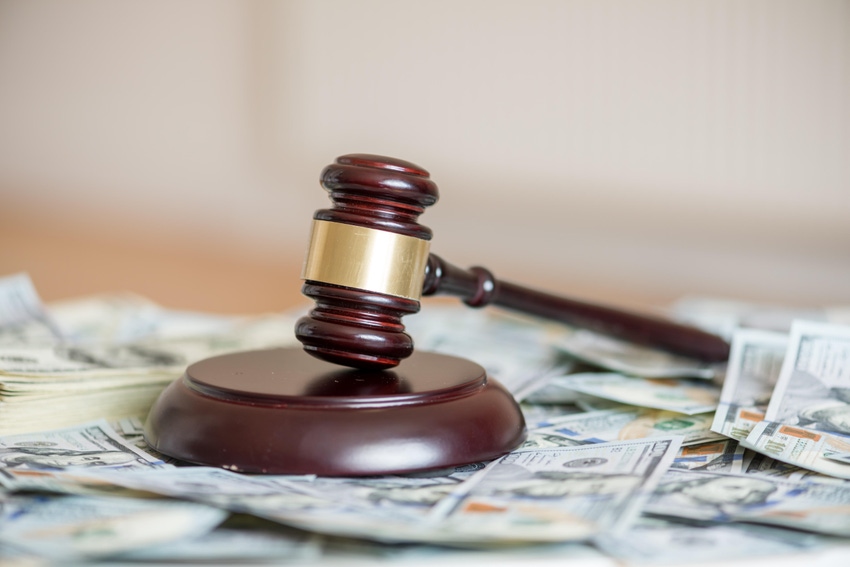Consumer groups, states join in support of New York's $15 broadband mandate
A district court prevented the Affordable Broadband Act (ABA) from taking effect pending litigation brought by ISPs. Now states and advocacy groups are siding with New York on its appeal.

Consumer advocacy groups and several US states have joined in support of a New York law that would mandate service providers offer a $15 per month broadband option for low-income households.
The Affordable Broadband Act (ABA), passed by the state legislature and signed by former Governor Andrew Cuomo as part of the state budget in 2021, was prevented from taking effect when New York was sued by trade associations representing incumbent ISPs, resulting in a temporary injunction.
While the state reached a settlement with plaintiffs earlier this year, it then appealed that decision with the Second Circuit.
Now several advocacy organizations, including Access Now, the National Digital Inclusion Alliance, Next Century Cities and others, have filed an amicus brief with the Second Circuit urging for the district court's decision to be reversed.
"New York's Affordable Broadband Act is necessary to help address the broadband affordability gap in the state. Federal benefit programs, while being helpful and effective, have not fully solved our nation's, or New York's, broadband affordability problem. New York's law is complementary to, and consistent with, federal efforts to address the cost of broadband internet access," reads the brief filed Wednesday, December 1.
The groups further argue that even the forthcoming Affordable Connectivity Program (ACP), funded through the infrastructure bill, will not be enough to close New York's digital divide.
"The IIJA [Infrastructure Investment and Jobs Act] provided $14.2 billion for the ACP in a one-time appropriation. That funding could be exhausted in as little as two years, depending on the level of household participation, and nothing guarantees subsequent funding," it says.
It also pushes back against the plaintiffs' argument that the law burdens ISPs, stating that the New York law exempts ISPs with under 20,000 subscribers, and further that "larger ISPs have not demonstrated that the law is overly burdensome."
In a separate brief, 22 states – including California, Connecticut, Delaware, Hawaii, Illinois, Maine, Maryland, Massachusetts, Michigan, Minnesota, Nebraska, Nevada, New Jersey, New Mexico, North Carolina, Oregon, Pennsylvania, Rhode Island, Vermont, Virginia, Washington and Wisconsin – plus the District of Columbia argue that there is no conflict between New York's mandate and federal law, and that "plaintiffs' preemption theories would undermine the states' abilities to protect their residents."
The plaintiffs that sued to block the New York law include the New York State Telecommunications Association, Inc., CTIA - The Wireless Association, ACA Connects - America's Communications Association, USTelecom - The Broadband Association, NTCA - The Rural Broadband Association and Satellite Broadcasting and Communications Association.
In a statement following the initial suit, USTelecom wrote: "While well-intended, the state's law ignored the $50 monthly broadband discount Congress enacted, as well as the many commitments, programs and offerings that broadband providers have made for low-income consumers."
According to the latest affordability data from Broadband Now, far more Americans have access to broadband plans of $60 or less than they did before the pandemic sent everyone home, with 90% of New Yorkers falling into that category as of Q2 2021, and 87% of all Americans. That's compared with 77% of Americans in Q1 2021 and 51% in Q2 2020.
About the Author(s)
You May Also Like











